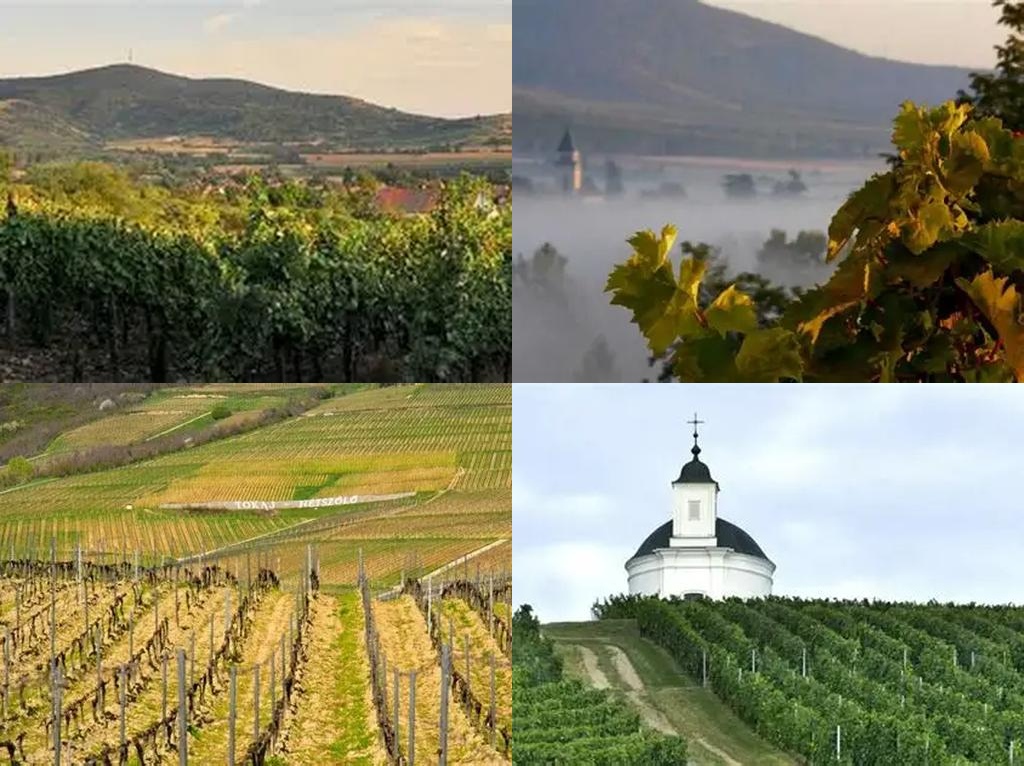
Tokaji Borvidék, perched at the edge of northeastern Hungary, is a region that sounds almost mythical to those with an interest in wine, history, or just a bit of adventure. You reach it by winding along the lazy banks of the Bodrog and Tisza rivers, sunlight flirting with the leafy vines and medieval rooftops along the way. Here, time seems to stretch itself to accommodate a slower pace—the sort of place where you’re compelled to pause, notice the way the clouds move or catch the sweet, slightly dusty scent in the air. It’s the home of Tokaji Aszú, the “king of wines, wine of kings,” as said long ago by none other than France’s Louis XIV. True or apocryphal, it’s the kind of history you sense not in grand pronouncements but in the groove of a cobblestone or the glaze on an old cellar door.
If wine regions were characters, Tokaji would be the wise, understated storyteller—quietly confident, rich with tales, not given to flashy gestures. The area’s credentials are undeniable: it is listed as a UNESCO World Heritage Site, with winemaking traditions dating back to the 12th century. At first glance, vineyards sprawl obediently across rolling hills, but look closer and the land tells stories of volcanic soils, hundreds of years of hands tending to each vine, and a collective patience—you simply can’t recreate the particularities of Botrytis cinerea (the noble rot essential for Tokaji Aszú) nor the region’s microclimate overnight.
Stroll through the small town of Tokaj itself—the heart and namesake of the region—and you’ll encounter a curious blend of workaday Hungarian life and global legend. At midday, the town’s main street is alive with gentle chatter and the clink of glasses. Cellars, many dug by hand beneath family homes centuries ago, beckon with cool air and the promise of golden or amber nectar. Generations of families—names like Szepsy, Disznókő, and the fabled Rákóczi—have learned the fine art of nurturing grapes that thrive with the autumn mists, letting rot transform ordinary berries into something baroque and honeyed. Local winemakers aren’t shy about sharing their knowledge. Sit at a battered wooden table, and they’ll pour you vintages that range from bracingly dry Furmint to lusciously sweet Szamorodni. While sipping, you’ll decipher the region’s obsession with time: labels here include not just the year but the “puttonyos” rating, an old measure of sweetness that harks back to when baskets of aszú grapes were hauled on workers’ backs.
No visit feels complete without delving underground—many cellars date back to the 15th and 16th centuries, their thick stone arches mossy and cool, lined with dusty bottles and the lingering scent of yeast. It’s easy to lose track of time wandering these labyrinths, lantern in hand, listening as your guide relates episodes from history: Francis II Rákóczi plotting rebellion in secret, Polish kings importing barrels across the Carpathians, Ottoman invaders kept at bay by more than just fortifications—a good cask of wine, after all, was a treasure worth preserving.
For all the gravitas, Tokaj’s charms are not contained to the glass. The surrounding landscape, marked by the Zemplén Mountains, is perfect for leisurely walks, and the rivers invite you to kayak or just picnic on their grassy banks. Every autumn, harvest season electrifies the region. Villagers and visitors alike join in picking berries, sharing goulash, and singing old songs that echo across the fields. At sunset, church bells mark the hour as gold spills across the vines; it feels less like a scene from a guidebook and more like being accepted into a hidden, ongoing ritual.
Food plays its part too—forget fancy pairings for a moment and enjoy a slice of homemade plum cake alongside your glass, or duck confit with a tart, minerally Furmint. The region is also famous for its smoked meats, farm-fresh cheeses, and wild mushrooms in season. Try Almáslepény (apple pie) or a bowl of Halászlé (fisherman’s soup): they’re humble dishes, but somehow, here, while the wine breathes in your glass, they seem touched by the magic of the landscape.
If you’re willing to embrace a slower, more contemplative form of discovery, Tokaji Borvidék will reward you with more than exceptional wine. It’s a region that invites visitors to taste time, landscape, and old secrets—all poured from a slender glass and shared under a vaulted ceiling, as it has been for centuries. You come for the wine, yes, but you end up sipping history, story by story, glass after glass.





